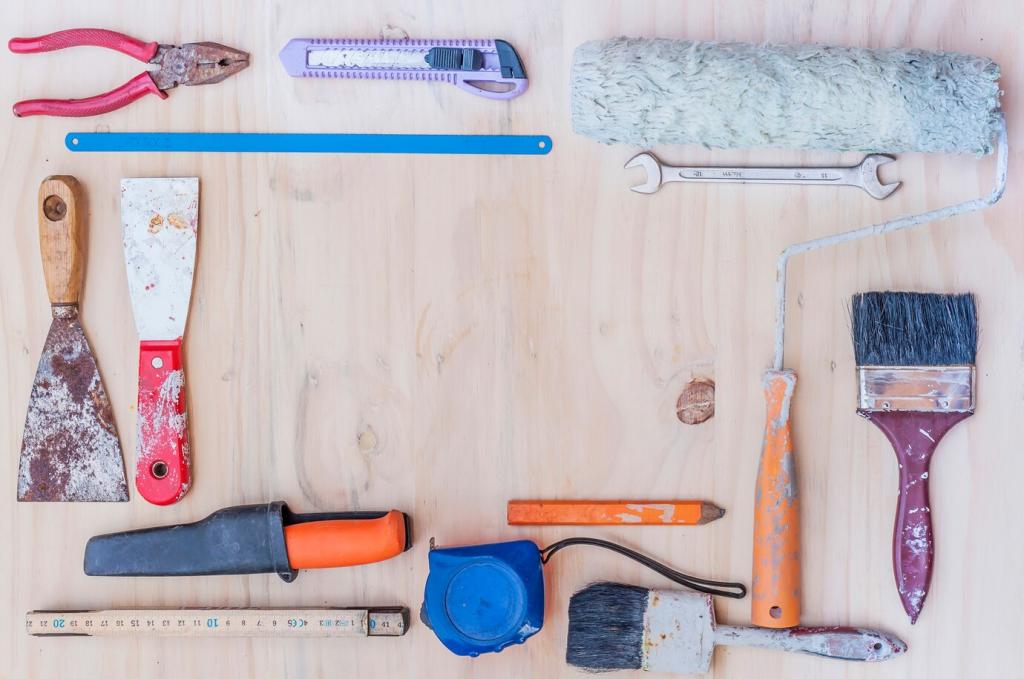Cultural Curiosity as a Communication Superpower
Match local greeting styles—handshake, bow, or cheek kiss—only when invited by context. Learn honorifics and name order. One traveler in Seoul practiced a slight bow and watched service improve instantly. What greeting tip earned you a smile or a warm welcome?
Cultural Curiosity as a Communication Superpower
Jokes seldom travel well, especially puns or sarcasm. Keep humor gentle and universal. If in doubt, choose kindness over cleverness. Share a time humor helped or hurt abroad, and what you learned about expressing warmth without confusing your new friends.

